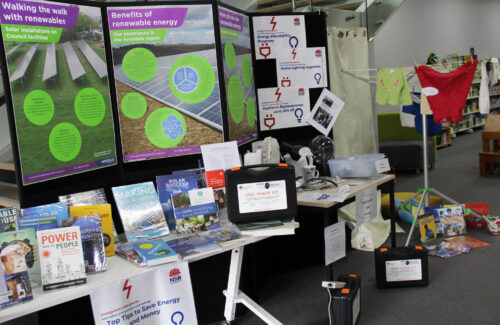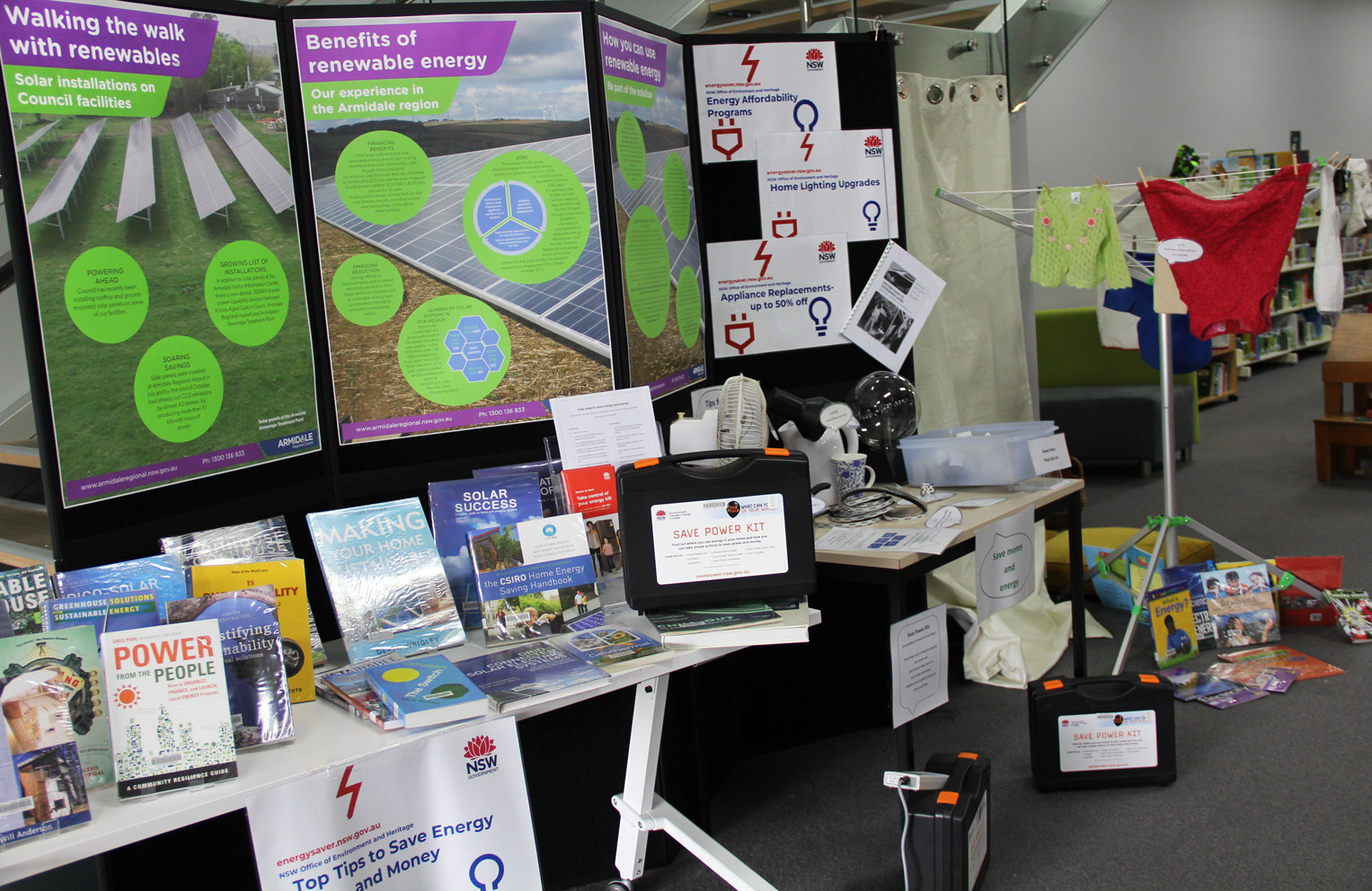 Our electricity usage, hence our bills, depends on both the appliances we use and how we use them.
Our electricity usage, hence our bills, depends on both the appliances we use and how we use them.
Appliances can be divided into those that create heat like a stove or iron, which tend to use a lot of energy, and those that are mechanical, like a fan. But even a large computer will create heat so it isn’t simple.
If you are selecting a new appliance, it is important to compare models for efficiency, as well as appearance and durability. Each electrical appliance has a star rating, which, for example, compares one model of an iron with another. The energy usage, in watts, is written on the back. The usage on electricity bills are in kilowatts per hour (kWh) or 1000 watts per hour.
Most of your appliances list usage on the back. Another way to check is to borrow an energy testing kit from the library. It can be a great family project to guess about what each appliance will use and then test it by plugging in the meter between the wall socket and the appliance.
Your electricity bill has two charges, one for usage in kWh, the second a daily charge to cover the retailers’ costs. Usage comprises the accumulated use of all your appliances per month. An oven, for example, uses about 2.4 kilowatts per hour or about $.75. If we use it three times a week, that amounts to about $9 per month. And that’s just the oven. A stove uses more, a clothes drier about the same, a clothes washer about half as much. It all mounts up.
We have some choices. If we need to replace an appliance, choosing the most efficient one will have cumulative benefit over its lifetime. This may mean changing the type of appliance, for example, switching to an induction stove from a regular electric stove saves about 30% on your cooking costs.
We can make tiny changes, like only putting as much water in a kettle as we want. Boiling one cup of water uses about 60% less energy than a full kettle. Turning all appliances off at the wall that have a standby light, like a TV, can save up to10% of the electricity used in some households.
Opening your curtains while the sun is shining in winter and closing them when it begins to get dark can save on heating bills, as can short showers if you have a gas or electric hot water heater.
If we each make choices that help lower our bills, our national energy use will decrease.
By Patsy Asch, Sustainable Living Armidale
